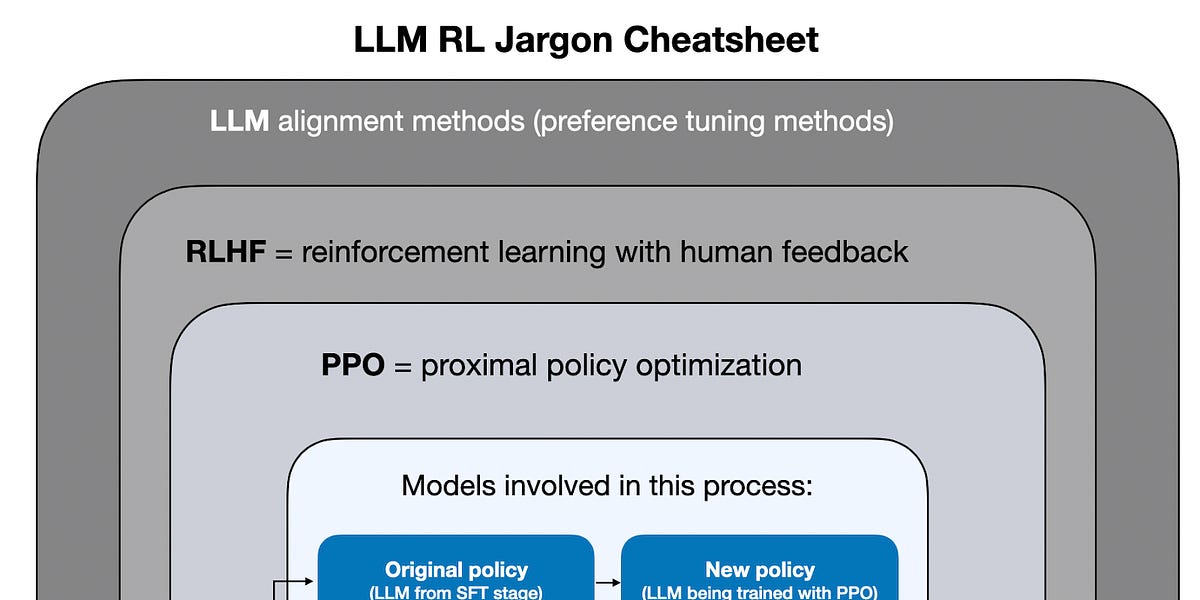- Published on April 15, 2025
- In AI News
The latest release features the LMH13000, which TI says is the industry’s first high-speed, single-chip LiDAR laser driver.

American multinational semiconductor company Texas Instruments (TI) on Tuesday launched a new set of automotive chips aimed at making cars safer and more autonomous. The new products include chips for LiDAR, radar, and clocks—all key parts of modern driver assistance systems.
The latest release features the LMH13000, which TI says is the industry’s first high-speed, single-chip LiDAR laser driver. It allows vehicles to detect objects faster and more accurately, which is essential for safe autonomous driving.
“Our latest automotive analogue and embedded processing products help automakers meet current safety standards and accelerate towards a collision-free future,” Andreas Schäfer, TI’s general manager for advanced driver assistance system (ADAS) and infotainment, said.
“Semiconductor innovation delivers the reliability, precision, integration and affordability automakers need to increase vehicle autonomy across their entire fleet.”
Moreover, AWR2944P, TI’s new radar sensor, is an upgrade of its existing radar platform. It enhances front and corner radar detection, helping cars better sense the environment around them. The new sensor offers better signal clarity, higher processing power, more memory, and can even run machine learning at the edge, which helps make faster driving decisions.
The company also introduced a line of automotive clocks based on BAW (bulk acoustic wave) technology, which are said to be 100 times more reliable than traditional quartz clocks. These include the CDC6C-Q1 oscillator and LMK3H0102-Q1 and LMK3C0105-Q1 clock generators. These chips help keep vehicle systems running smoothly, especially in harsh conditions like extreme temperatures or high vibration.
LiDAR, which uses laser pulses to help a car “see” in 3D, is central to many autonomous features. TI’s LMH13000 LiDAR chip can detect up to 30% farther than older systems, and reduces overall system cost and size. It also performs consistently even when temperatures change, helping meet safety standards that prevent eye damage.
The new chips are part of TI’s larger push to support automakers in building smarter and safer vehicles.

Shalini Mondal
Shalini is a senior tech journalist, exploring the latest advancements in AI. When she's not reporting on the latest innovations, you can find her immersed in her next literary adventure.
Related Posts
Our Upcoming Conference
India's Biggest Conference on AI Startups
April 25, 2025 | 📍 Hotel Radisson Blu, Bengaluru
Subscribe to The Belamy: Our Weekly Newsletter
Biggest AI stories, delivered to your inbox every week.
Happy Llama 2025
AI Startups Conference.April 25, 2025 | 📍 Hotel Radisson Blu, Bengaluru, India
Data Engineering Summit 2025
May 15 - 16, 2025 | 📍 Hotel Radisson Blu, Bengaluru
MachineCon GCC Summit 2025
June 20 to 22, 2025 | 📍 ITC Grand, Goa
Cypher India 2025
Sep 17 to 19, 2025 | 📍KTPO, Whitefield, Bengaluru, India
MLDS 2026
India's Biggest Developers Summit | 📍Nimhans Convention Center, Bengaluru
Rising 2026
India's Biggest Summit on Women in Tech & AI 📍 Bengaluru

 4 days ago
11
4 days ago
11







